What’s New
Brown University Shooting: Mental Health Resources to Support Community Recovery
Mass violence, such as the recent shooting at Brown University in Providence, RI, can be extremely stressful and make us feel unsafe and uncertain. CSTS resources will help you know what steps to take that can lower distress and improve functioning for yourself and those around you:
Please click HERE for action-oriented fact sheets and additional information to help individuals, communities, and organizations in the aftermath of the shootings at Brown University in Providence, RI.
Brain, Behavior, & Mind 2025 Fall Lecture
Brain, Behavior, & Mind is a series of global forums featuring distinguished scientists, clinicians, and leaders whose work spans neuroscience, psychiatry, psychology, and public health. Each event explores new insights in our understanding of health and illness.
Brain, Behavior, & Mind events are sponsored by the CSTS, in collaboration with USU’s Department of Psychiatry, Neuroscience Program, Department of Family Medicine, Center for Deployment Psychology, and Brain and Behavior Hub.
Article: Suicidal Behavior in US Army Special Operations Forces
Research on suicide risk among the U.S. Army’s elite special operations forces (SOF) has been extremely limited, but CSTS's STARRS team aims to bridge that knowledge gap with this new article in JAMA Network Open. CSTS Assistant Scientific Director, Dr. James A. Naifeh, and colleagues examine suicidal behaviors among SOF operators and SOF support personnel during the Iraq and Afghanistan wars.
Texas Flooding Disaster Mental Health Response and Recovery Resources
Catastrophic natural disasters, such as heavy rainfall and flash flooding across Central Texas, the Hill Country, and Concho Valley cause extreme disruption and can be stressful for individuals, families, and communities.
Please click HERE for resources
Video: Grief in the area of combat missions
Please click HERE for War in Ukraine Mental Health Resources
Army STARRS: Volume 9 Issue 3, Updated June 23, 2025
This document is an ongoing continuous summary of Army STARRS and STARRS-LS publications. STARRS/STARRS LS (2009 - present) is the largest and most comprehensive research project of mental health among U.S. Army Soldiers ever conducted. The project was designed to examine a broad range of risk and resilience (protective) factors across a complex set of outcomes including suicidal behaviors and associated mental health issues. Army STARRS scientists created a series of large and extensive databases with the potential to achieve groundbreaking results. These databases allow scientists to investigate a diverse combination of factors from demographic, psychological, biological, neurological, behavioral, and social domains with the goal of generating actionable findings for the Army. The project was designed using an adaptive approach which means it evolved as new information became available over the course of the project. The research team shared preliminary findings, as they became available, with senior Army leadership so the Army could apply them to its ongoing health promotion, risk reduction, and suicide prevention efforts. The work is continuing under the STARRS Longitudinal Study (STARRS-LS) which runs from 2015 to 2025.
Shootings of Israeli Embassy Staffers in Washington, DC: Mental Health Resources to Support Community Recovery
Acts of violence, such as the shootings of Israeli Embassy staffers in Washington, DC, can cause extreme disruption within communities. Below are brief, action-oriented fact sheets and additional information to help individuals, communities, and organizations in the aftermath of the shootings in Washington, DC.
Please click HERE for resources
CSTS 2024 Annual Report
Immediately available for viewing is the 2024 CSTS Annual Report. In this comprehensive report, you can read summaries of the Center's work to enhance psychological health, speed the recovery from, and help prevent the negative consequences of trauma on individuals, families, communities, and the nation.
Preparing Children for the Death of a Loved One: Guidelines for Parents
Many parents struggle with the instinct to protect their children from reality, fearing that discussing death will be distressing or cause harm.
Please click HERE for fact sheet
Managing Stress During Organizational Change
Changes in the workplace such as restructuring, downsizing, or shifts in organizational priorities can create uncertainty and stress, often making it difficult for individuals to effectively manage daily responsibilities.
Please click HERE for fact sheet
Aircraft collision on the Potomac River in Washington, D.C.
Catastrophic disasters, such as the aircraft collsion on the Potomac River in Washington, D.C., cause extreme disruption and can be distressful for individuals, families, and communities. Actions that promote the five essential elements of Psychological First Aid (safety, calming, connectedness, efficacy, and hope) can reduce individual distress and foster community sustainment through this event, as well as other disasters. Members of the community can help reduce adversity and chronic stressors by helping friends and neighbors impacted by this event. Please click HERE for easy-to-use education fact sheets with recommended actions to protect the mental health and well-being of individuals and communities impacted by the plane crash.
World Trade Center Survivor Grief Study
Although there have been many studies examining the traumatic effects of 9/11, there has been limited focus on the impact of bereavement on those affected by the tragedy. Given the trauma that all 9/11 WTC Survivors faced, it is likely that those who were bereaved on 9/11 or suffered subsequent deaths face additional challenges. The goal of this study is to examine the combined effects of bereavement and trauma on the health-related quality of life among 9/11 World Trade Center (WTC) Health Registry Survivor Enrollees. Please click HERE for more information
Southern California wildfires
Catastrophic natural disasters, such as the Southern California wildfires cause extreme disruption and can be distressful for individuals, families and communities. For resources to help please click HERE
Retired General Paul Nakasone – Brain, Behavior, and Mind 2024 Fall Lecture
Please view the Brain, Behavior, and Mind 2024 Fall Lecture HERE.
In October 2024, the Center for the Study of Traumatic Stress, Department of Psychiatry, Center for Deployment Psychology, and Brain & Behavior Hub of the Uniformed Services University of the Health Sciences sponsored the Brain, Behavior, and Mind 2024 Fall Lecture: Brain, Behavior, and Mind A Conversation on Where Brain, Behavior, and Mind Meet National Security
This virtual event included a conversation with General Nakasone (retired), Dr. Robert Ursano, and Dr. David Benedek
The Brain, Behavior, and Mind Lecture Series is a forum for audiences around the world to hear from distinguished speakers, whose work spanning neuroscience, psychiatry, psychology, and community has advanced our understanding of brain, behavior, and mind, and our ability to sustain mental health.\
Climate-Related Disasters Understanding Causes, Consequences, and Interventions to Protect Community Mental Health
Climate-related disasters, such as hurricanes, wildfires, and others, are profoundly disruptive events with long-term effects on psychological and behavioral health. CSTS' Deputy Director, Dr. Joshua Morganstein, authored the most contemporary chapter on "Climate-Related Disasters: Impact, Risk, and Interventions", which is part of the recently released textbook Climate Change and Mental Health Equity. This chapter summarizes the science regarding mental health consequences of climate-related disasters, identifies risk and protective factors, and highlights actionable recommendations for interventions to support community members, responders, and leaders.
17th Annual Amygdala, Stress, and PTSD Conference - BRAIN, BEHAVIOR, AND BEING: UNRAVELING STRESS
For previous conferences please go HERE
Types of COVID-19 Disaster Work and Psychological Responses in National Guard Service Members
Now available: A CSTS study indicates that among 1,363 National Guard service members who activated in response to COVID-19 in early 2020, the four work tasks associated with the highest levels of stress were: 1) Patient transportation; 2) Working with the dead; 3) Working with families of COVID-19 patients; and 4) Working with residents in high-risk facilities. These rankings were reflected in work task scaled scores that indicate each task's level of high stress, with scores ranging from 32.8 to 100. These findings reflect the stress inherent in disaster-related work tasks associated with personal involvement with individuals who are sick, dying, or deceased and highlight the importance of supporting personnel involved in these work tasks.
Click HERE for abstract
Faculty members provide support and training for Ukrainian psychiatrists
On March 12, PSY Chair COL Vincent Capaldi and Vice Chair for Research Dr. Curt West traveled to Warsaw, Poland to present at the Warfighter Brain Health Symposium. Presenters, in addition to COL Capaldi and Dr. West, include CDP Director Dr. William Brim and School of Medicine faculty members Lt Col Thomas Bayuk, Maj Eric Meyer, Dr. Warren Dorlac, and Dr. John Holcomb. This was the second such effort in recent weeks. In mid-February, the Center for Deployment Psychology (CDP) and Center for the Study of Traumatic Stress (CSTS) attended the Ukraine Research Needs and Capabilities Symposium (Warsaw, Poland), which welcomed over 40 U.S. and Ukrainian combat casualty care experts to discuss ethical considerations and operational and regulatory controls related to medical research in Ukraine. During the Warsaw trip, Dr. Brim and Psychiatry Professor and CSTS Associate Director Dr. David Benedek presented on current and future mental health training and research in Ukraine.
ISRAEL-HAMAS WAR MENTAL HEALTH RESOURCES
Exposure to acts of terrorism and war causes a wide range of harmful mental health effects. Those working with people directly impacted by the Israel-Hamas war or affected communities around the world can protect mental health by using the following evidence-based actions and other resources HERE
WAR IN UKRAINE MENTAL HEALTH RESOURCES
Exposure to war causes a wide range of harmful mental health effects. Those living in Ukraine, refugees who are displaced, family and friends of Ukrainian citizens, as well as communities watching around the world may experience responses such as anger, fear, trouble with sleep, increased use of substances, and others. Reactions in children can be similar but may also include reverting to earlier childhood behaviors, isolation, aggression, and diminished school performance. Identifying these responses and providing early interventions can lower distress, enhance well-being, and improve the ability to care for ourselves and our families.
УКРАЇНСЬКА Po polsku русский 日本語
Please click HERE for resources
COVID-19 Pandemic Response Resources
This PAGE contains fact sheets and other resources to support the health and well-being of communities impacted by COVID-19
No permission is needed to use or adapt these fact sheets for you or your organization. These fact sheets are in the public domain and you may use it freely as it is helpful to you.
Cambridge University Press has made available a collection of free access Coronavirus materials. Included is a free access chapter from the Textbook of Disaster Psychiatry, "Pandemics: Health Care Emergencies" that can be accessed HERE
CSTS Doctoral Graduate Student Fellow awarded NRSA (F31) Grant
CSTS Doctoral Graduate Student Fellow Matthew Thompson received a National Research Service Award (NRSA/F31) from the National Institute of Mental Health (NIMH) for his research project, entitled "Examining Suicide Risk from a Biopsychosocial Framework: A Large-Scale Cross-Sectional Study." This award will further support his dissertation research, which broadly aims to investigate the combined associations of brain structure and connectivity, genetic, and psychosocial risk indicators for suicide using large-scale biomedical data. His work is supported by his Co-Mentors, Dr. Marjan Holloway and Dr. Joshua Gray, collaborators within CSTS, and consultants at Emory University and Florida State University. Foundational research that was important to the development of Matt’s award application can be found in a preprint on bioRxiv.
More information on the CSTS Doctoral Graduate Student Fellowship can be found HERE.
Medical IDs on Our Smartphones
Medical emergencies can occur unexpectedly and leave us unable to communicate important information, such as medical conditions, allergies, and emergency contacts. There is a simple and safe way to keep information
handy so that good samaritans and responders can help.
Click HERE to see how to add to your smartphone or print out a cut out for your wallet or purse
Resources for the U.S. Capitol Attack
The recent attack on the U.S. Capitol has evoked a range of emotions as well as upset our beliefs about safety in our country. The National Child Traumatic Stress Network (NCTSN) has developed resources to help children, families, and communities navigate what they are seeing and hearing, acknowledge their feelings, and find ways to cope together. Resources can be found at the below links:
Supporting Children After the U.S. Capitol Attack
Coping After Mass Violence
Pause-Reset-Nourish (PRN) to Promote Wellbeing
Parent Guidelines for Helping Youth After Mass Violence
Helping Youth after Community Trauma: Tips for Educators
Helping Teens with Traumatic Grief: Tips for Caregivers
Helping School-Age Children with Traumatic Grief: Tips for Caregivers
Helping Young Children with Traumatic Grief: Tips for Caregivers
The Power of Parenting: How to Help Your Child After a Parent or Caregiver Dies
Curriculum Recommendations for Disaster Health Professionals: Disaster Behavioral Health
Interactive, Mobile Website to Aid Healthcare Providers in Notifying Family Members of Unexpected Deaths
Healthcare providers receive little training on notifying family members of a loved one's unexpected death. The way this information is delivered can have a long-lasting impact on a family's health and well-being. CSTS has developed an interactive, mobile website to serve as a guide for healthcare providers who may find themselves in these situations. https://www.
DR. URSANO RECEIVES AMSUS LIFETIME ACHIEVEMENT AWARD
Dr. Robert Ursano, Director of CSTS, Professor of Psychiatry and Neuroscience of the USU, was awarded the 2019 Lifetime Achievement Award of the Association of Military Surgeons of the United States (AMSUS). The AMSUS Lifetime Achievement Award is for a distinguished career of excellence in development, invention, and innovation in healthcare that is recognized internationally and makes significant fundamental contributions of lasting impact to better health outcomes in federal healthcare. AMSUS was founded by Congress in 1903 and is the Society of Federal Health Professionals.
May is Mental Health Awareness Month
Individuals, families, organizations, and communities face many challenges that can impact mental health and well-being. Knowing where to go and what to do when difficulties arise allows us to better help ourselves and others. In recognition of Mental Health Awareness month, the Center is sharing a range of resources on suicide, family violence, and help-seeking to support a range of individuals and communities.
Please click HERE for information and resources









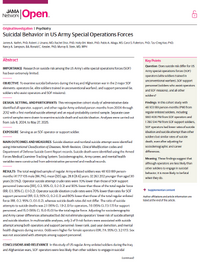

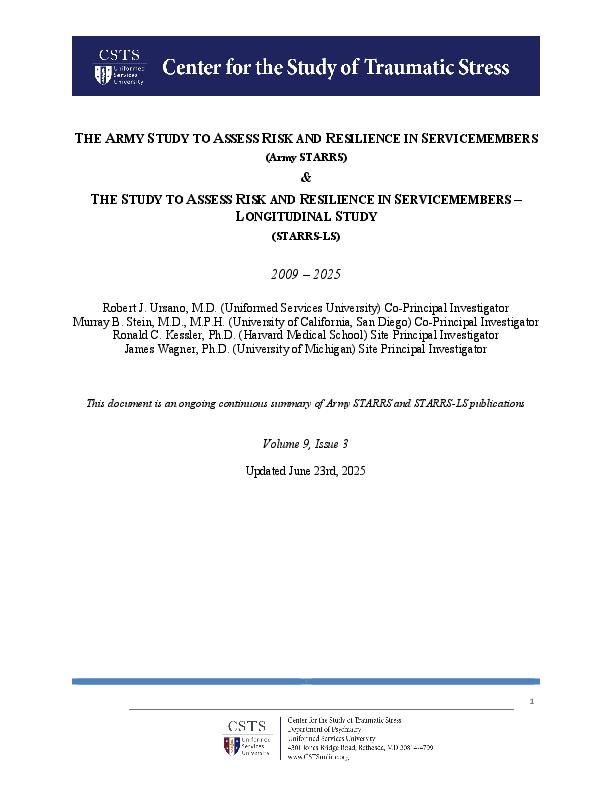
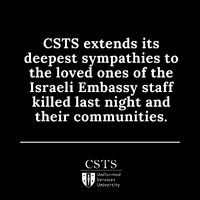
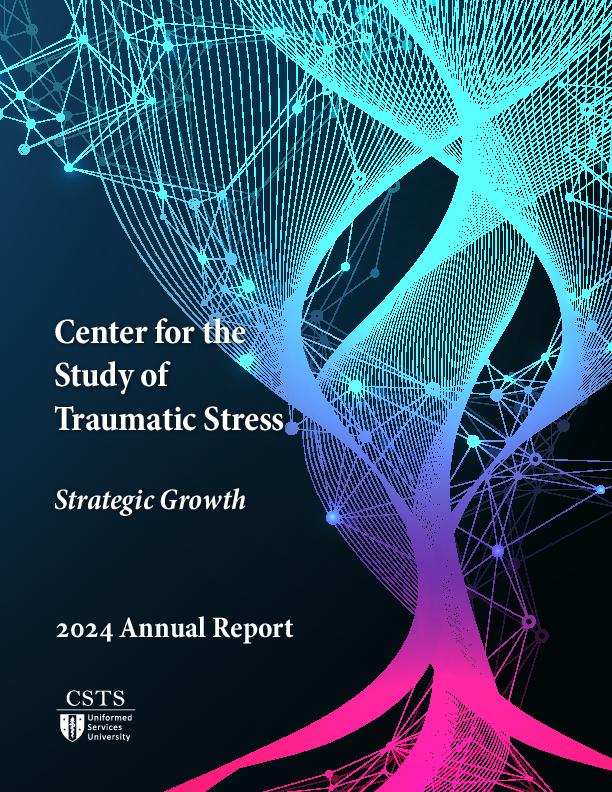
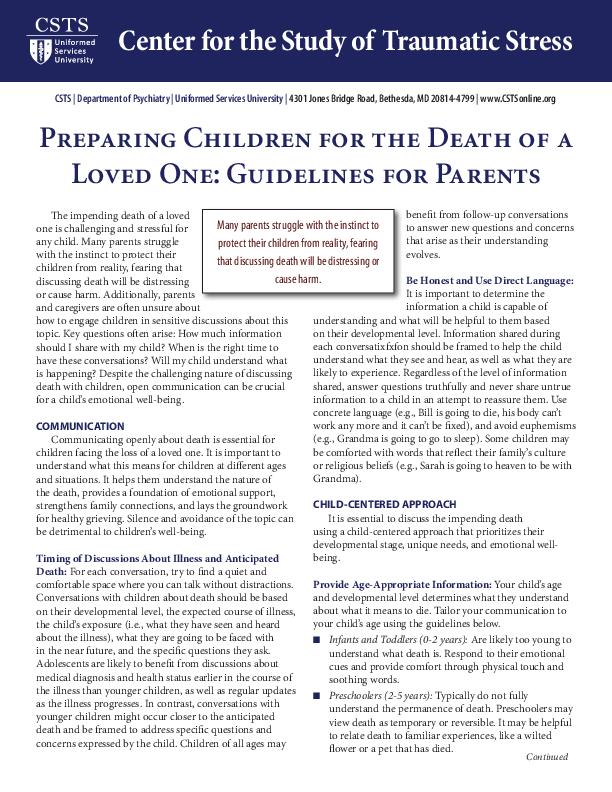
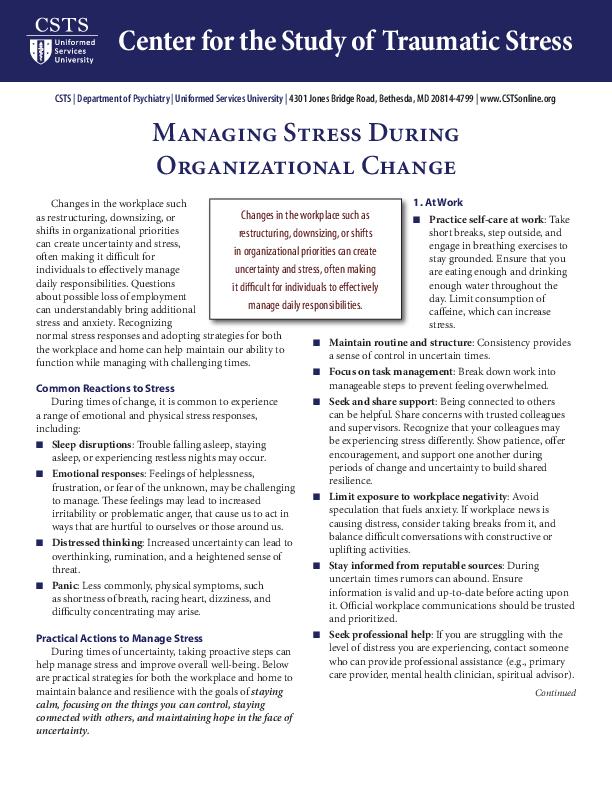
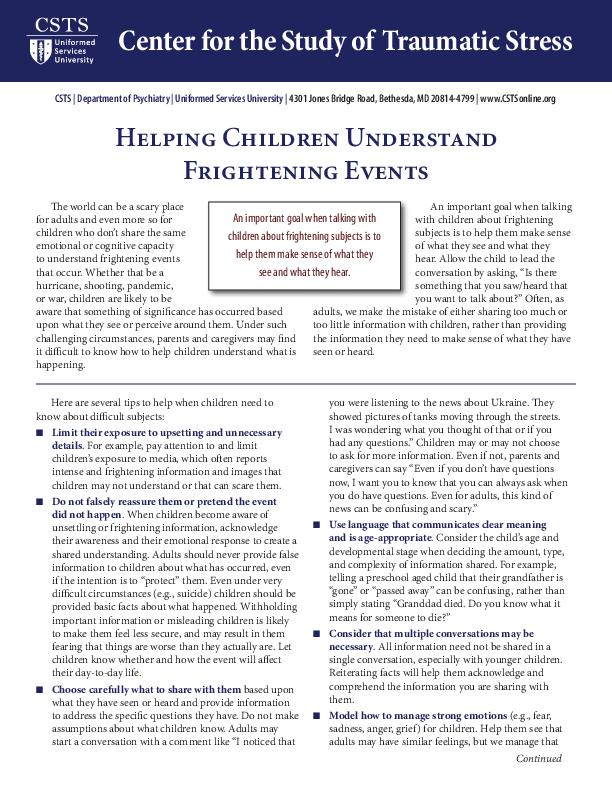

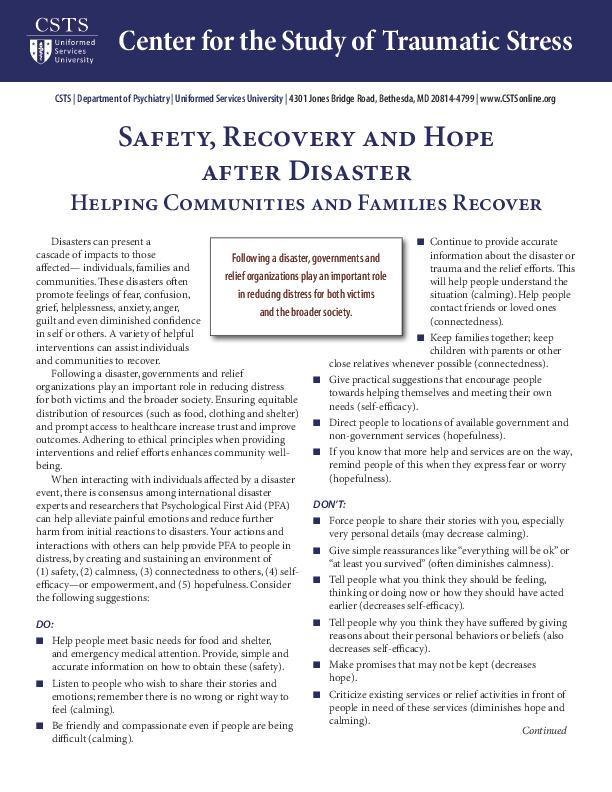

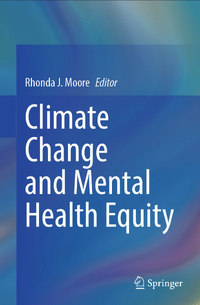
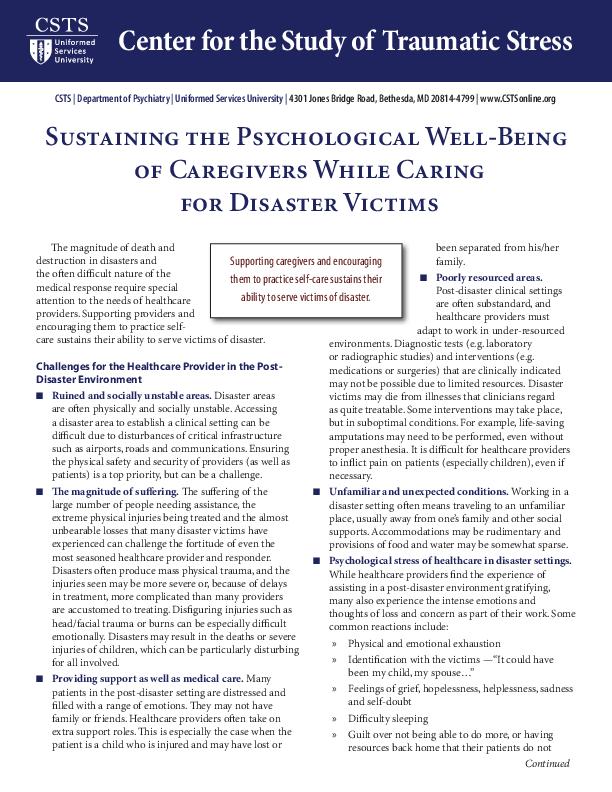
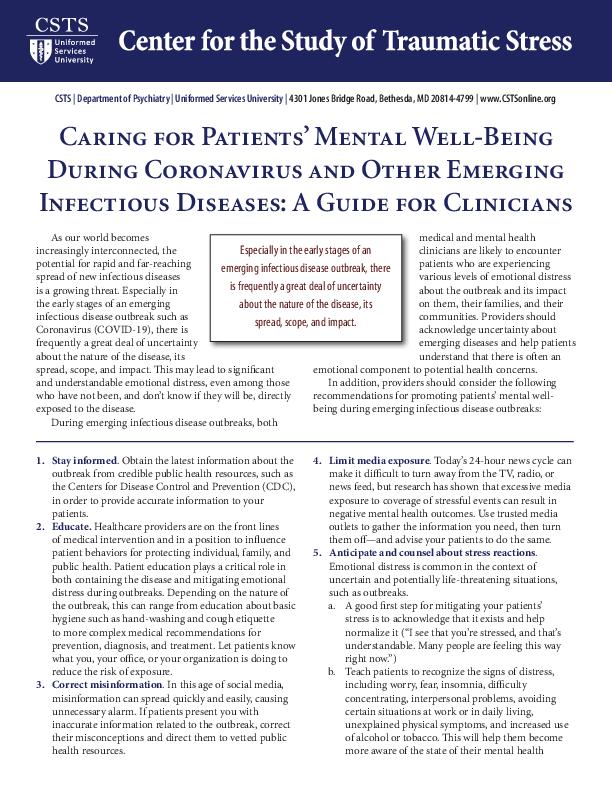
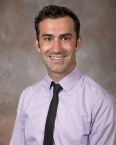
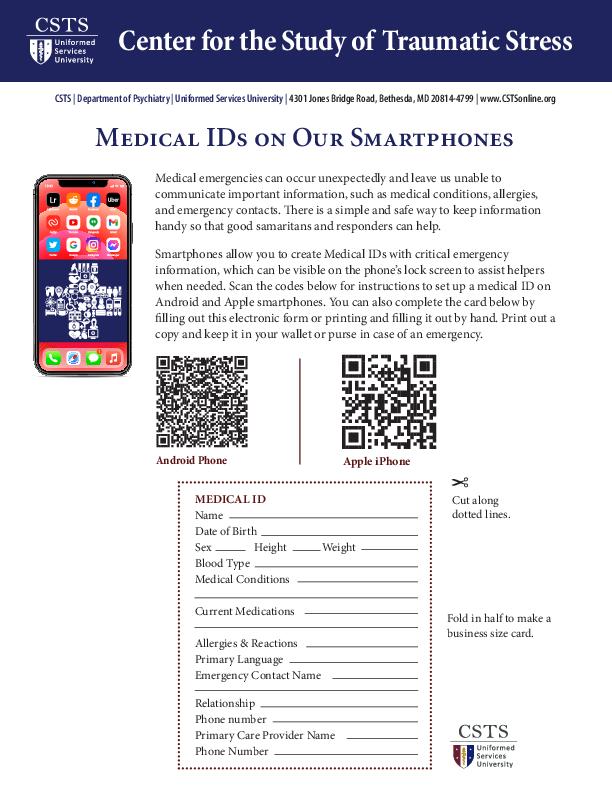
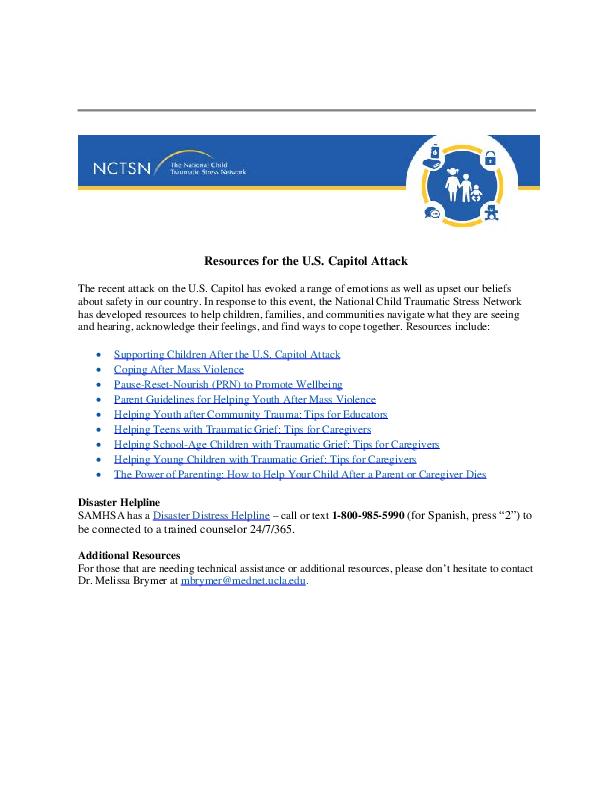
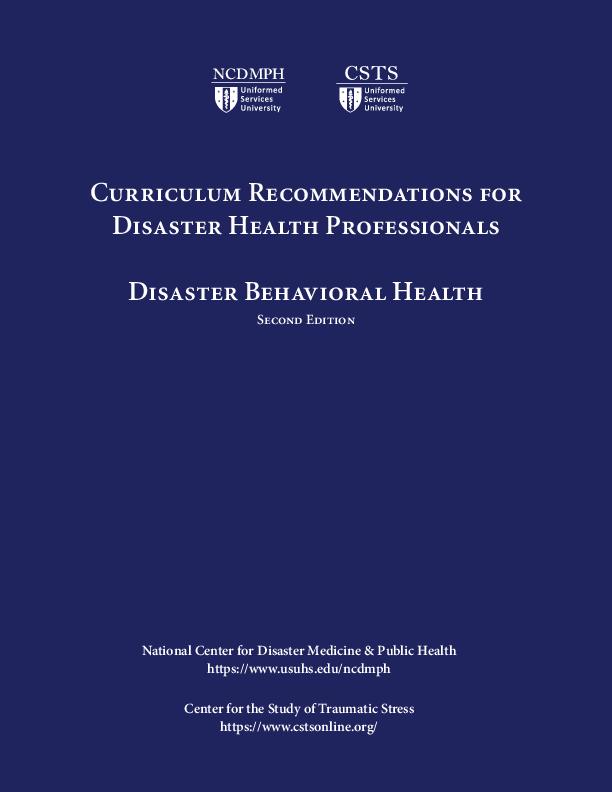
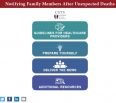
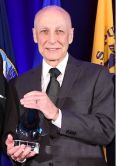
.JPG)
